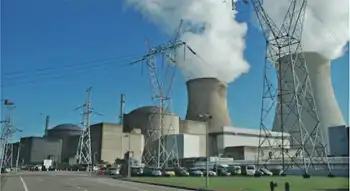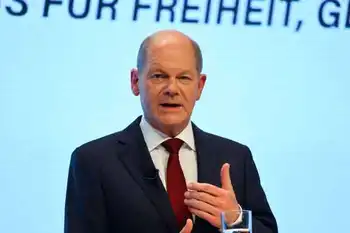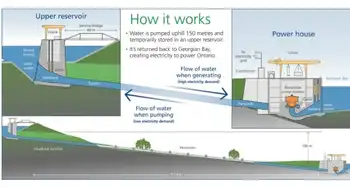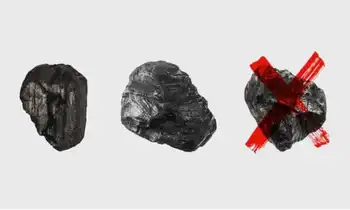Manitoba Hydro, Minnesota Power propose supply deal
CALGARY, ALBERTA - Manitoba Hydro and Minnesota Power have proposed a two-stage electricity supply deal that may lead to new multibillion-dollar hydroelectric facilities in Canada and construction of a cross-border transmission line, the companies said.
The first part of the plan, aimed at increasing the carbon-free power supply in Minnesota, involves government-owned Manitoba Hydro exporting surplus electricity starting this year.
The second stage would be a 15-year purchase of 250 Megawatts by Minnesota Power, the Allete Inc unit, starting around 2020.
Tied to that, Manitoba Hydro would go ahead with building either the $3.5 billion Keeyask hydro station or $5 billion Conawapa facility in the province's North, company spokesman Glenn Schneider said.
Keeyask would generate 620 MW and Conawapa 1,250 MW.
The Conawapa site had previously been floated as a supply source for an export deal with neighboring Ontario.
"We haven't made as much progress in that area and this sale is on track now and we'll be moving on one of those northern projects," Schneider said.
There is no current cost estimate for the transmission line as the companies are still determining routes on either side of the Canada-United States border, he said.
The firms have one year to complete talks and sign definitive agreements. Those would be subject to approval by the Minnesota Public Utilities Commission.
Manitoba Finance Minister Greg Selinger said the deal bolsters Manitoba Hydro's exports markets, allowing the utility to keep its rates low at home. Last year's exports generated revenues of $592 million, Selinger said in a statement.
Minnesota Power said the electricity deal fits with an energy strategy laid out in its Integrated Resource Plan filed with the state last year.
Related News

Nuclear helps Belgium increase electricity exports in 2019
BELGIUM - Belgium's electricity transmission system operator, Elia, said that the major trends in 2019 were a steady increase in (mainly offshore) renewable power generation, better availability of nuclear-generating facilities and an increase in electricity exports.
In 2019, 48.8% of the power generated in Belgium came from nuclear plants. This was in line with the total for 2017 (50%) and significantly more than in 2018 (31.2%) when several reactors were unavailable.
Belgium exported more electricity in 2019 than it imported with net exports of 1.8TWh (2.1% of the energy mix), in contrast to 2018 when Belgium imported 17.5TWh (20%).
Elia said this “should…




